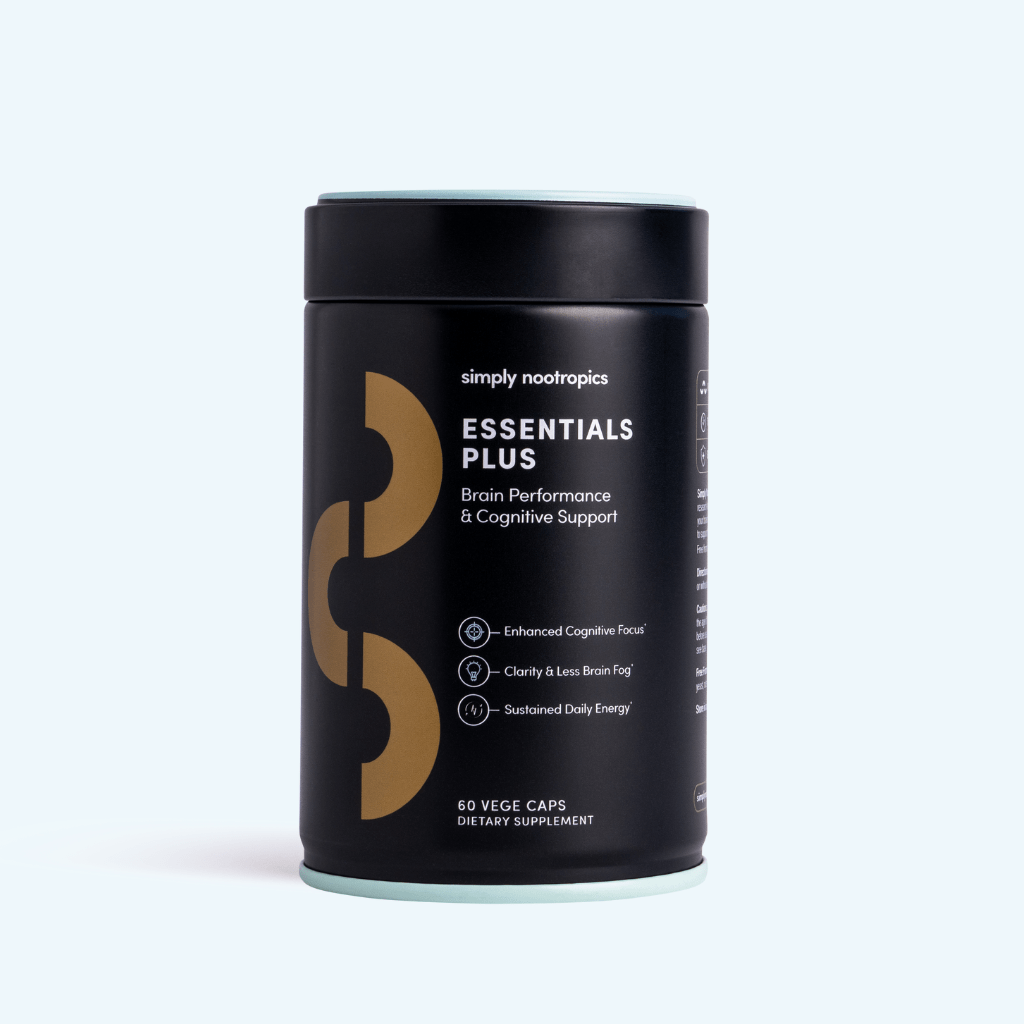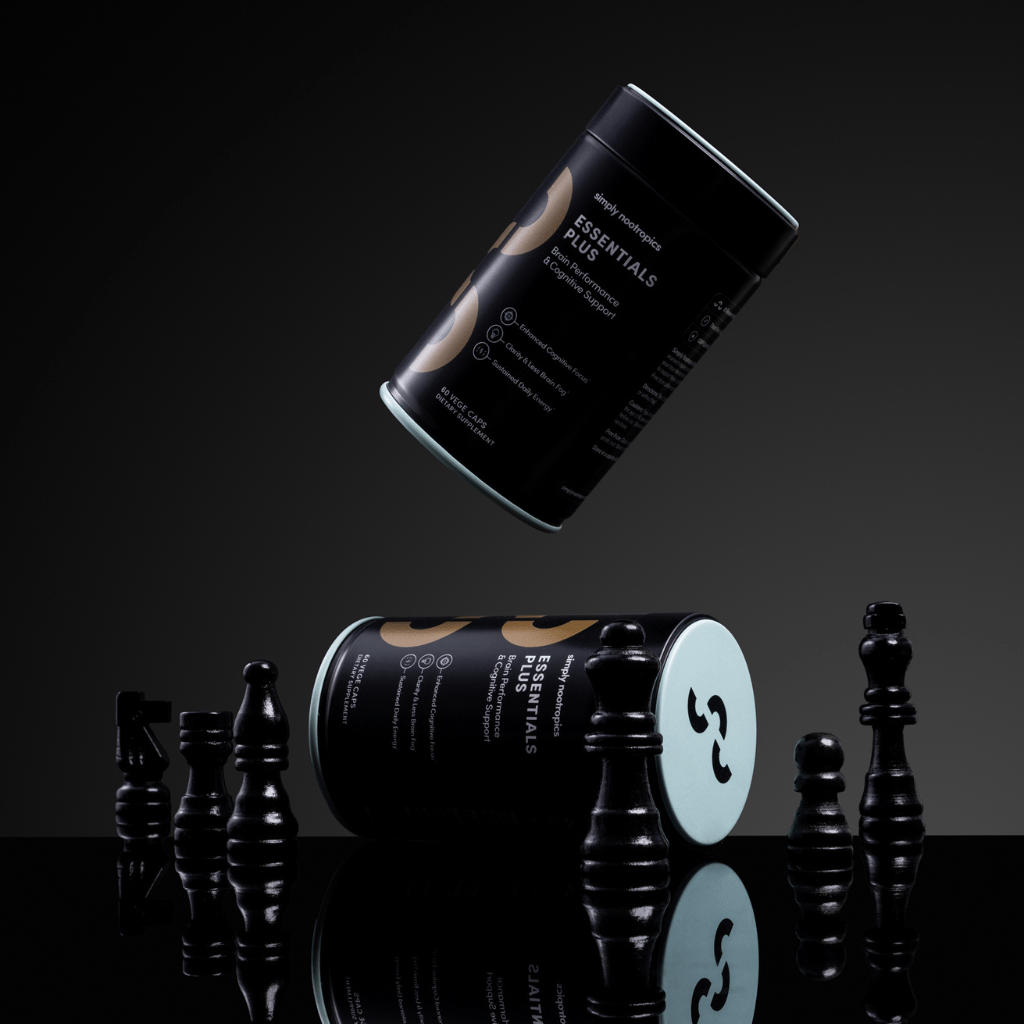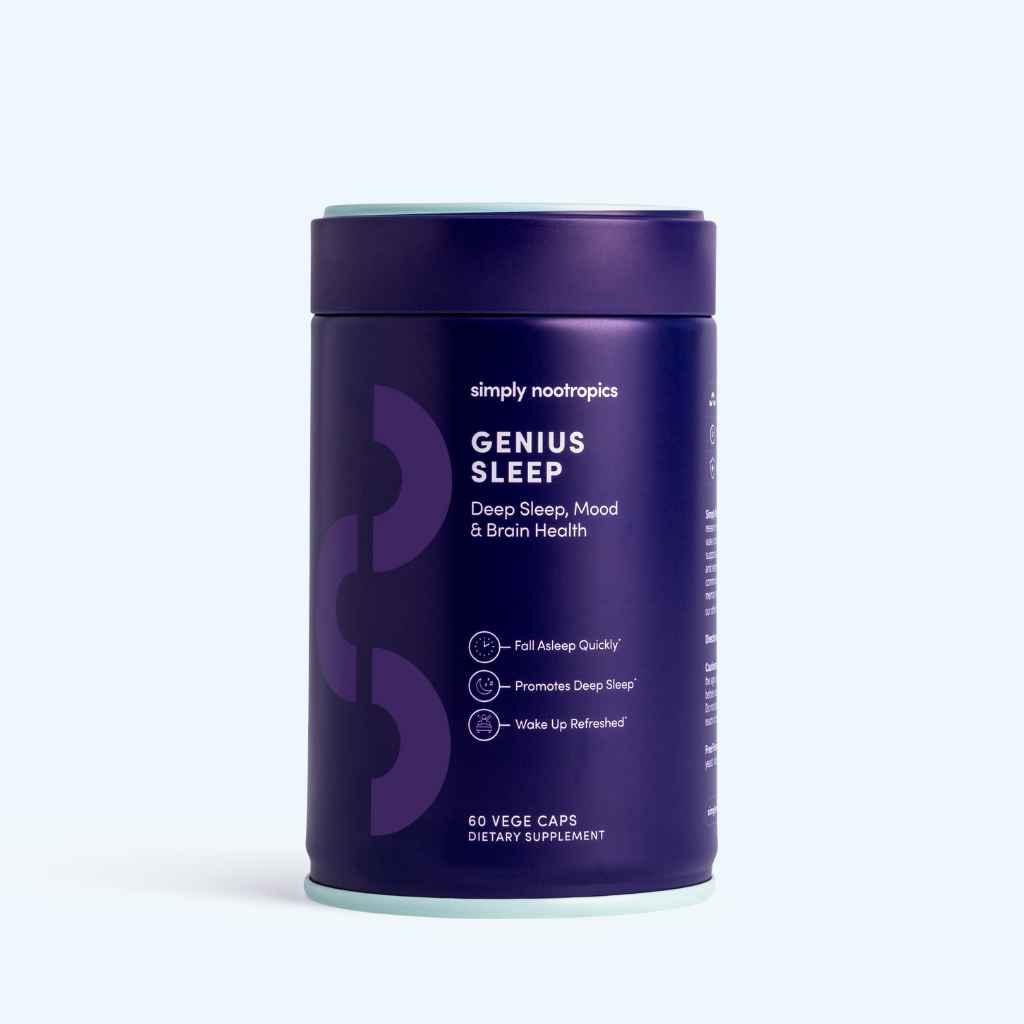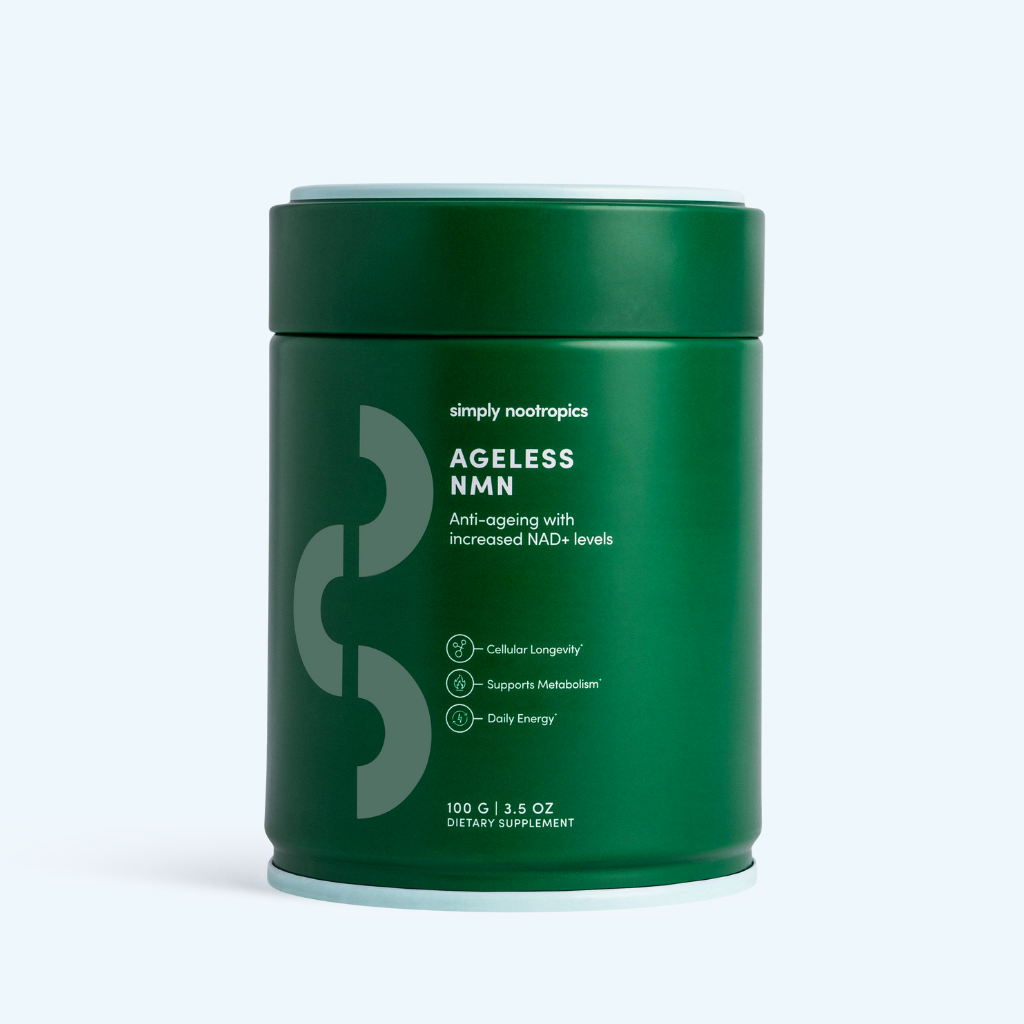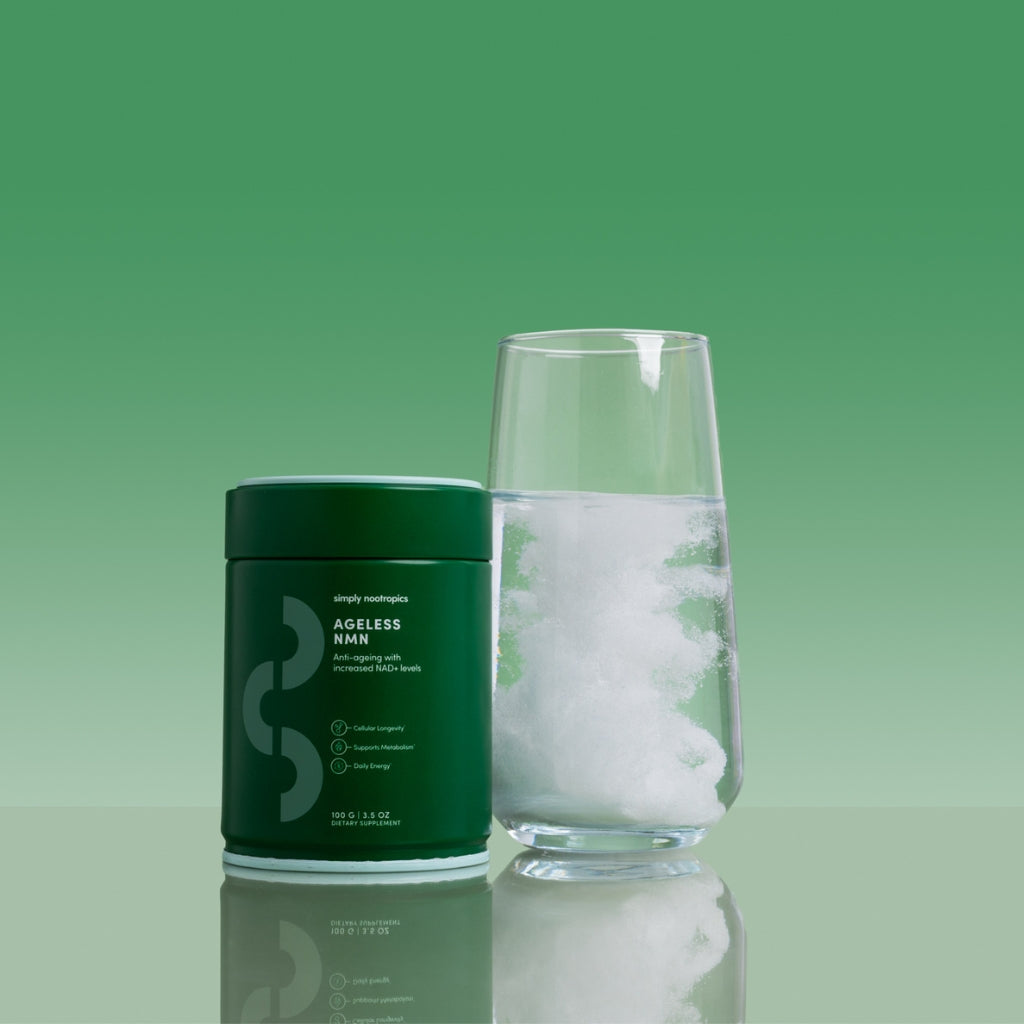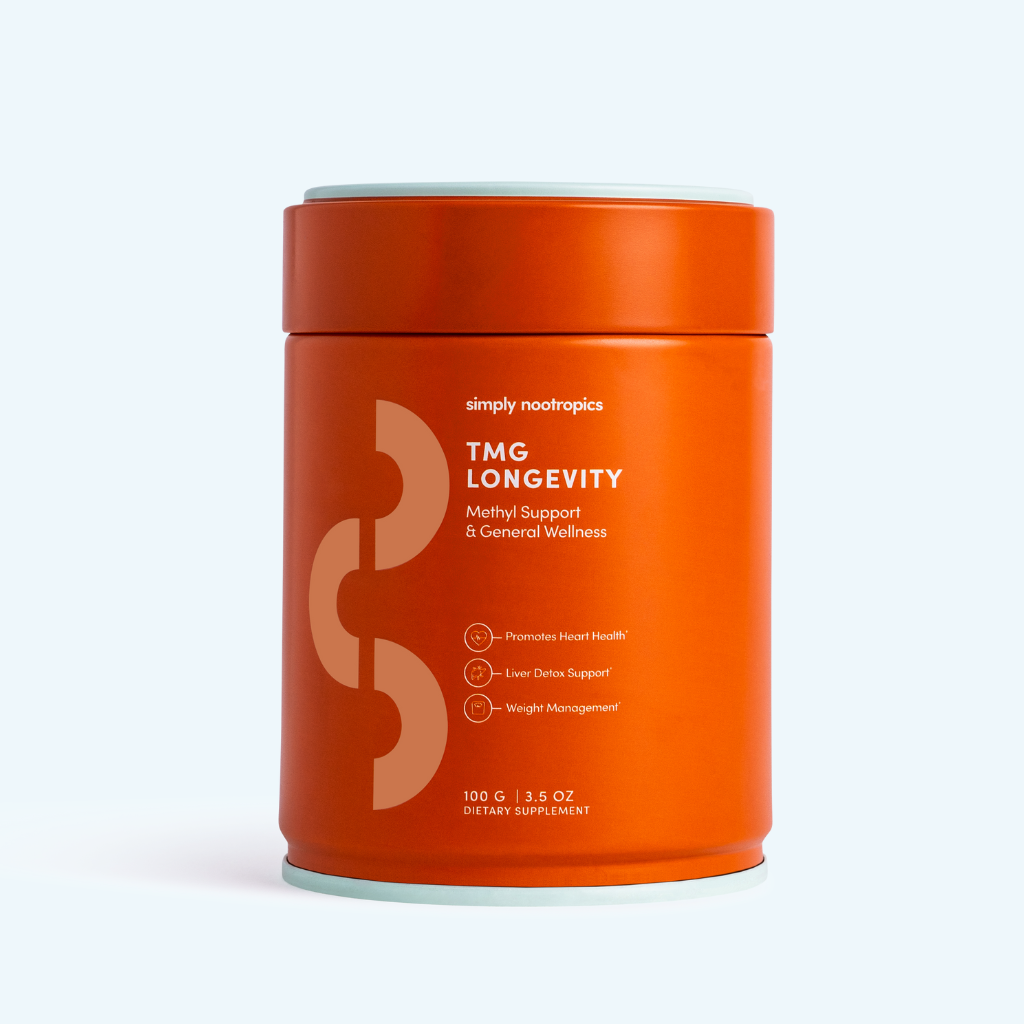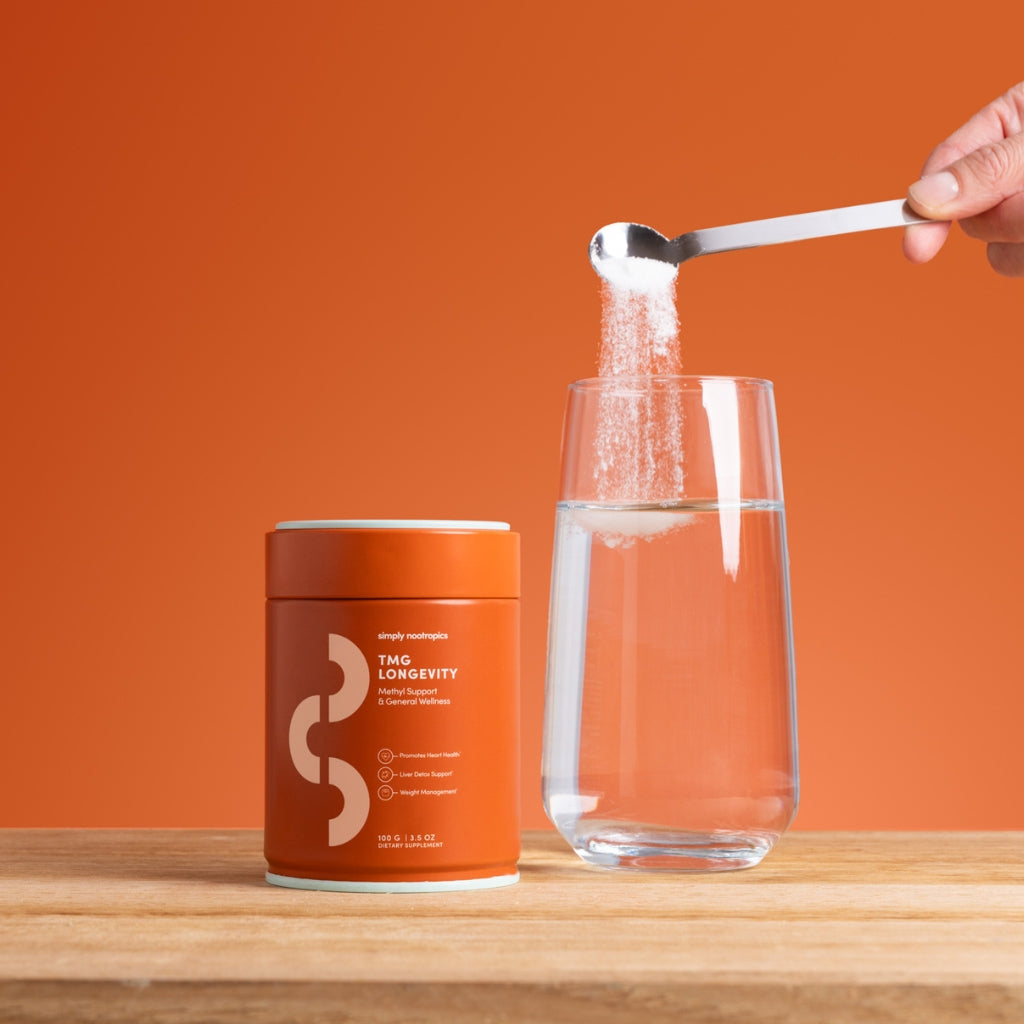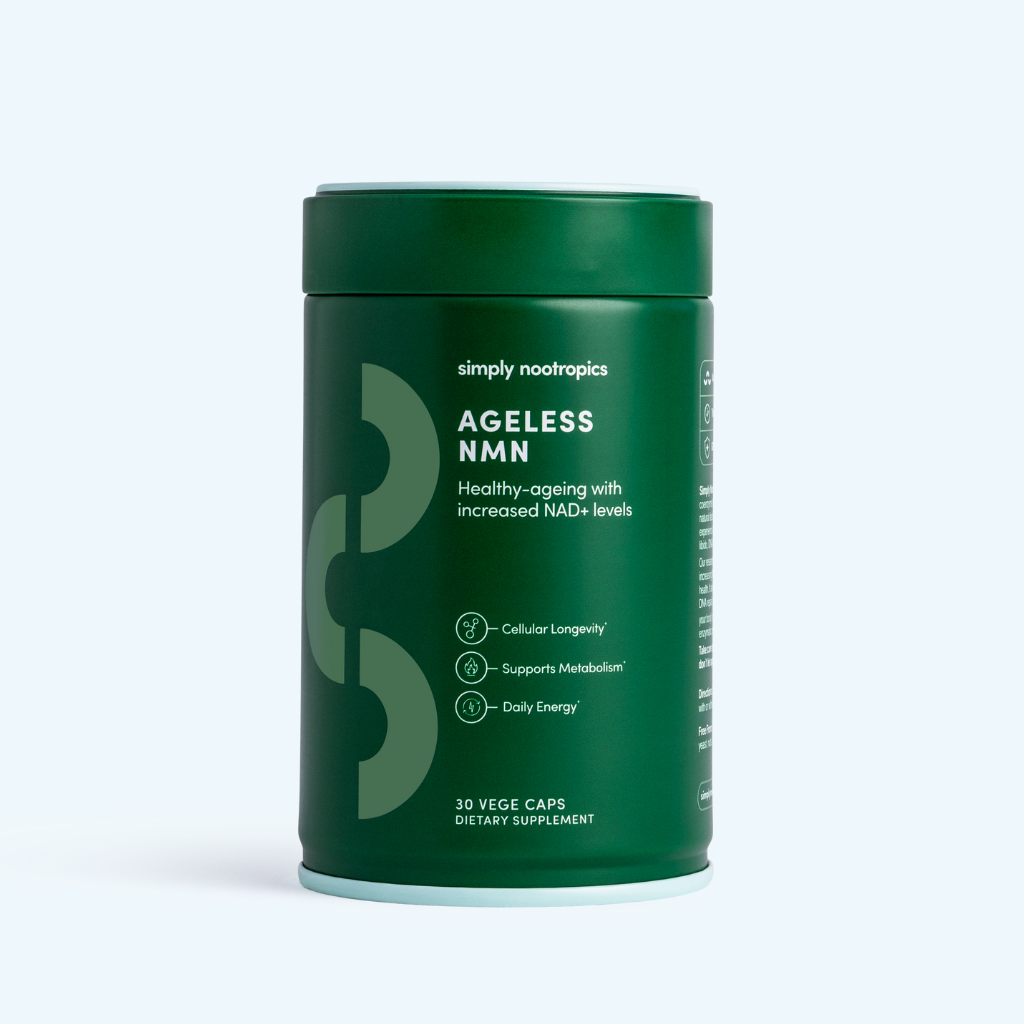Most of us start the day in one of two ways: eyes half-open, reaching for the phone, or rushing straight into the noise of the day with coffee and emails. But those first 10 minutes after waking are more important than we think. They start a chain of biological responses that affect how our bodies and brains function, not just today, but over time.
If you're interested in longevity and long-term health, what you do immediately after waking up matters. From circadian rhythm regulation to inflammation, mitochondrial health to mood stability, this brief window sets the tone for your day, and your ageing process.
Here’s how to use those 10 minutes well.
1. Step Into Natural Light
Why: Your body runs on a 24-hour internal clock, your circadian rhythm, which regulates sleep, hormone release, digestion, and even DNA repair. One of the most powerful signals that tells your brain, “The day has started,” is natural light.
What happens:
Morning sunlight stimulates specialised cells in the eye that signal the brain’s master clock (the suprachiasmatic nucleus). This suppresses melatonin (your sleep hormone) and boosts early cortisol (your alertness hormone), helping you wake up naturally and feel more alert within the hour. It also resets your clock for the next sleep cycle, making you more likely to fall asleep easily at night.
Longevity link:
Circadian misalignment has been linked to a higher risk of metabolic diseases, cardiovascular problems, and cognitive decline. Aligning your light exposure with natural rhythms supports long-term resilience.
What to do:
For a healthy morning routine, open your curtains as soon as you wake up. Step outside for 2–10 minutes if possible. Even on cloudy days, natural light has a stronger biological impact than indoor lighting.
2. Delay Screens and Scrolling
Why: Reaching for your phone might feel harmless, but morning screen use can spike stress levels before your brain is fully online. Emails, social media, and news act as cognitive input before you’ve had time to stabilise your mood or thoughts.
What happens:
Scrolling floods your brain with information, most of it irrelevant or stress-inducing, which is bad for a healthy morning routine. This activates your sympathetic nervous system (the “fight or flight” branch) and floods your system with cortisol in ways that are not aligned with healthy circadian patterns.
Longevity link:
Chronic stress and elevated cortisol have been linked to premature ageing, reduced immune function, and hippocampal shrinkage over time. Starting the day calmly supports long-term cognitive health.
What to do:
Use those first ten minutes as a phone-free buffer zone. Let your brain adjust to being awake before checking notifications.
3. Move Your Body, Even Briefly
Why: Movement signals to your brain that it’s time to be alert and active. It improves blood flow, oxygen delivery, and starts your metabolism, all of which can help reduce brain fog and fatigue throughout the day.
What happens:
Even simple stretching or walking sends signals that activate your central nervous system, which is beneficial for a healthy morning routine. Movement also increases production of BDNF (brain-derived neurotrophic factor), a compound that supports the growth of new neurons and synapses.
Longevity link:
Consistent light movement throughout the day is one of the most consistent factors in healthy ageing, especially in cognitive preservation. A few minutes of motion in the morning sets this rhythm early.
What to do:
Try 1–2 minutes of stretching, walking around your flat, or stepping outdoors. You don’t need a full workout, just a physical cue that the day has started.
4. Hydrate Before You Caffeinate
Why: After 7–9 hours of sleep, you wake up naturally dehydrated. Your brain is 75% water, and even mild dehydration can reduce alertness, memory, and mood.
What happens:
Water first thing helps flush metabolic waste, rehydrate cells, and jumpstart digestion and circulation. This is especially important if you take any supplements or medications early in the day.
Longevity link:
Chronic dehydration has been linked to higher risks of urinary tract issues, kidney stress, and poorer cognitive function, particularly in older adults.
What to do:
For a healthy morning routine, drink a glass of room temperature water (with or without lemon or minerals) before coffee. You’ll likely feel more alert without needing as much caffeine.
5. Anchor the Day With One Intentional Cue
Why: Giving your brain a consistent cue that the day has started, one that isn’t tied to work or productivity, helps set emotional tone, regulate nervous system activity, and reinforce a sense of internal control.
What happens:
Try writing one sentence in a notebook, stepping outside barefoot, or making your bed, because small rituals reinforce stability and signal to your brain that this day is yours.
Longevity link:
People who live longer often have stable daily routines and strong internal rhythms. Repeated morning cues help stabilise mood and cognition, especially under stress.
What to do:
Choose a cue that fits your lifestyle: lighting a candle, brewing tea, opening a window. Keep it consistent but flexible for a healthy morning routine. Over time, it becomes automatic, and grounding.
Bonus: Pay Attention to How You Feel
It sounds simple, but one of the most powerful longevity tools for a healthy morning routine is awareness. Checking in with how you feel physically and mentally, without immediately reacting or fixing, builds interoception (your sense of what’s going on inside your body).
This builds resilience, emotional regulation, and better health decisions over time.
Ask:
-
Am I tired, energised, anxious, numb?
-
Did I sleep well?
-
What does my body need before I start working?
Even a 30-second scan can help you build healthier, more aligned habits long-term.
Most longevity routines focus on what you eat and how you exercise. But the first ten minutes of your day might be the most overlooked opportunity for long-term brain and body health.
Start with natural light, movement, water, and stillness for a healthy morning routine. Anchor yourself before you plug into the world. These aren’t biohacks, they’re simple, biologically aligned habits that support the systems most responsible for how you age: your circadian rhythm, your nervous system, your hydration status, and your mental resilience.
It’s also a great time to take any supplements that support long-term health, especially ones like NMN, which benefit from consistent morning use. Simply Nootropics Ageless NMN supports cellular energy, NAD+ production, and mitochondrial function, all of which play a role in healthy ageing.
You don’t need a full morning routine to see the benefits. Start with ten minutes, and let the rest follow.



